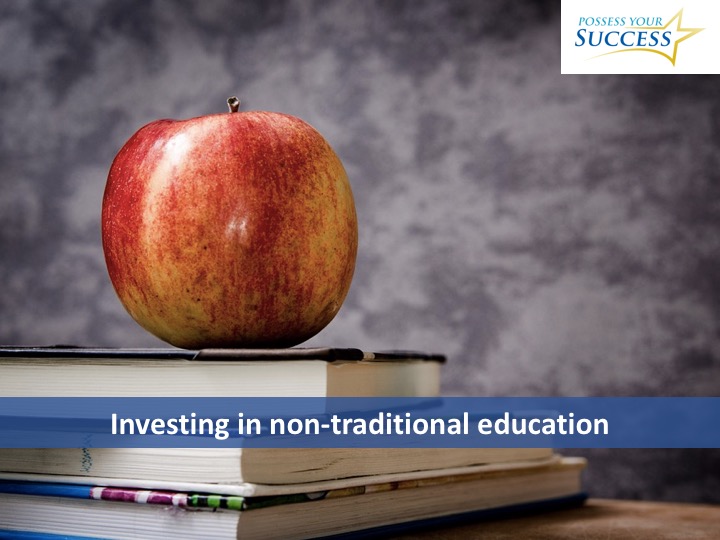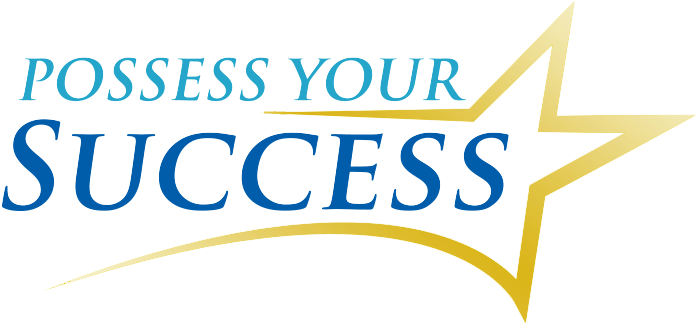Investing in Non-Traditional Education

When we hear that education is important to success, we tend to think of the same advice we’ve always gotten—spending time in classrooms, studying pre-determined subjects, working towards specific degrees that have been deemed essential. People want an education so that they can make more money or get better jobs. And some folks only go because they’ve been told over and over that it’s important.
Some of the most important learning of your life happens outside of the classroom. Non-traditional education is one of your best resources to learn new skills and you absolutely must invest some of your time and money into it.
Importance of Non-Traditional Education
Non-traditional education can become your secret weapon in building a brighter future. Pursuing different learning opportunities helps make you a more proactive person. You have to go out of your way to find the best, most cost-effective resources to supplement your learning.
It also keeps you current with trends. Some of what you’ve learned before might not be as useful now. There are new technologies and platforms popping up everywhere. Seeking non-traditional education will introduce you to tools and ideas to further your success. You might be able to spend more time getting hands-on experience and focused study—you could even learn more about web design!
Lessons You Don’t Get from School
What they’re teaching in college might not end up being practical for your life. When I was working on my MBA, I took several finance classes, hoping to gain good information on investing and managing money. I definitely learned a lot about investing theory, financial models, and correlations. But most of this wasn’t helpful for taking care of my financial future.
After struggling with it, I decided to take an online course to see what non-traditional education might have for me. It only cost $300 and it contained tons of useful information. There was easily more opportunity for me in that $300 class than in my $50,000 MBA program. A little extra proactivity and some outside sources can be all that stands between you and critical knowledge for your success.
Types of Non-Traditional Education
The great thing about non-traditional education is that there are different programs and all of them are designed to work on an adjustable timeline. You’re guaranteed to find something that works with your schedule. There are 100% self-paced methods like books (electronic, physical, and audio!), DVDs, or online courses through well-referred sources like Udemy, The Great Courses, or Coursera.
For more structure, you could also pursue an independent certification, depending on the specialty you want. These are often cheaper than traditional education while telling you everything you need to know. You could consider getting a mentor or coach and try to find someone in your desired field willing to share their knowledge. Mentors are free but can be harder to find or rely on. Coaches are paid but they’re also invested in your success and usually able to go the extra mile.
Ultimately, many entrepreneurs can tell you that there’s one reliable form of non-traditional education—experience. Highly successful people often hit failure. The lessons from that are more valuable than any class.
It’s important to recognize that school alone won’t prepare you for the real world. You need to strive to find practical experience in different subjects. Education from multiple sources helps you gain perspective and push forward.
